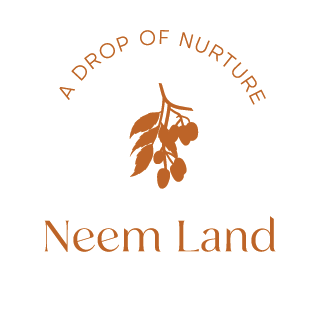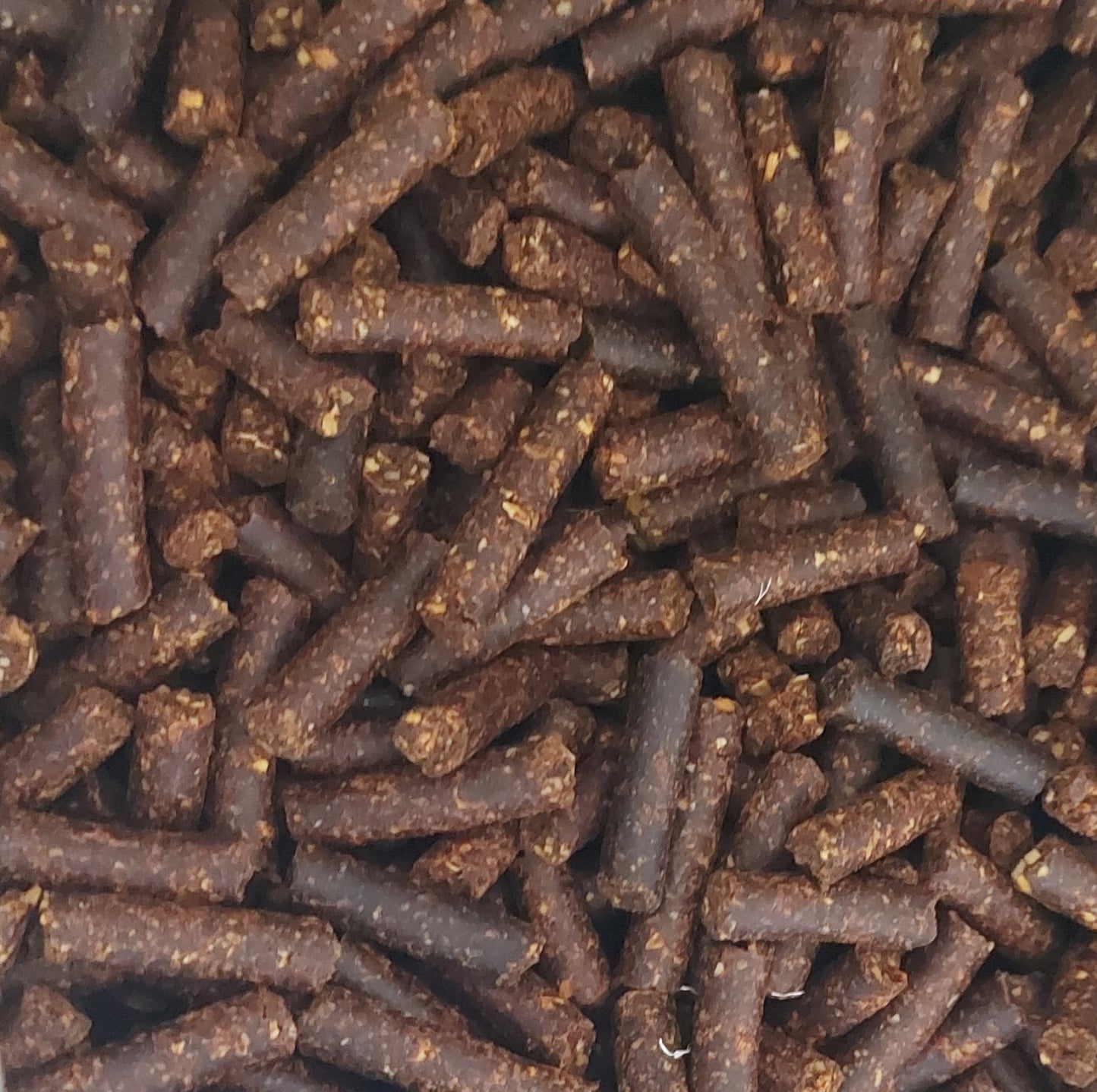June - Work in the Garden, Orchard, Vineyard, and Olive Grove
June is a month of intense activities for all gardening, fruit growing, viticulture, and olive cultivation enthusiasts. This is a period when warmth and sunlight encourage plant growth, but also bring challenges such as pests, diseases, and the need for regular care. In this text, we will cover the key tasks that need to be performed in the garden, orchard, vineyard, and olive grove in June, along with tips for preventing and solving problems to ensure you have healthy and productive plants.

Garden June is an ideal time for sowing many vegetables. During this period, you can sow carrots, beets, chard, beans, cucumbers, and zucchini. At the same time, it is time to harvest previously sown crops such as lettuce, spinach, chard, zucchini, radishes, new potatoes, and strawberries. Special attention should be paid to watering, as high temperatures require regular and abundant watering. It is best to water early in the morning or late in the evening to reduce water loss due to evaporation. Mulching can help retain moisture in the soil, reduce weed growth, and improve soil structure, while regular fertilization with organic fertilizers such as neem cake, compost, or manure ensures the plants get the necessary nutrients.
One of the biggest challenges in the garden is pests and diseases. Aphids are common pests during this period, and spraying plants with soapy water and neem oil can help control these pests. Powdery mildew is also a common fungal disease, and preventive spraying with a beer solution (1% beer, milk, or bio hand detergent, 1% neem oil, the rest water) can be effective.
Orchard In orchards, important tasks are performed in June, such as pruning, removing dry and diseased branches, and thinning the fruit, allowing the remaining fruit to become larger and of better quality. June is the month for late harvesting of cherries, early varieties of peaches, apricots, and raspberries.
Fruit flies can be problematic, and placing pheromone traps can help control their population. Apple scab is a common disease, and preventive spraying with neem oil can reduce the risk of infection.

Vineyard June is a crucial month for vineyard workers, as important tasks are performed, such as pruning and removing lateral shoots, which encourages the growth and development of clusters. The vine requires regular watering, especially in dry periods, and the application of potassium fertilizers helps in the better development of clusters. Disease control, such as powdery mildew, can be achieved by spraying with sulfur preparations, while regular inspection and preventive spraying with neem oil help control downy mildew.
Olive Grove Maintaining olives includes regular watering, especially young trees, as although olives are drought-resistant, regular watering promotes better growth and fertility. Pruning olives involves removing dry and damaged branches and shaping the canopy to allow better light access.

The olive fruit fly is a common pest, and placing pheromone traps and spraying with environmentally acceptable insecticides can help control it. Peacock spot is a fungal disease that can be prevented by preventive spraying with neem oil.
Controlling Colorado Potato Beetle with Neem Oil The Colorado potato beetle (Leptinotarsa decemlineata) is one of the most well-known and persistent pests that attack potatoes. Neem oil is a natural solution that is very effective in combating this pest. Neem oil contains an active ingredient that disrupts the beetle's hormonal system, preventing its development and reproduction, and acts as a repellent. The recommended concentration for using neem oil against the Colorado potato beetle is 1-2%, which means adding 10-20 ml of neem oil and an equal amount of beer, soap, or bio hand detergent to 1 liter of water. The solution should be well mixed before spraying. Spraying is carried out early in the morning or late in the evening to avoid direct sunlight, which can reduce the oil's effectiveness. Spraying should be repeated every 7-10 days, especially during periods of intense beetle attack. After spraying, the use of neem cake is recommended, as its mild repellent properties will repel Colorado potato beetles and fertilize the soil.

Tips for Solving Problems
- Watering and Drought: Ensuring enough water for plants is one of the biggest challenges in June. Drip irrigation systems reduce water consumption and ensure even watering, while mulching around plants reduces water evaporation and retains moisture in the soil.
- Pest Control: Environmentally acceptable methods for pest control include using neem oil, spraying with soapy water, and using additional biological preparations. Neem oil is particularly effective against a wide range of pests, such as aphids, stink bugs, Colorado potato beetles, thrips, cabbage bugs, cabbage flea beetles, oilseed rape pests, olive fruit flies, and garden weevils.
- Disease Prevention: Disease prevention includes crop rotation, using quality seeds and seedlings, and proper fertilization. Crop rotation reduces the risk of disease, using healthy and certified seeds and seedlings reduces the possibility of infection, while providing the optimal amount of nutrients makes plants more resistant to disease.
June is a month of intense activities in the garden, orchard, vineyard, and olive grove. Proper care, regular watering, appropriate fertilization, and environmentally acceptable methods of pest and disease control are crucial for the health and productivity of your plants. By following these tips, you can cope with the challenges of high temperatures and pests and ensure a rich and healthy harvest.
Enjoy working in the fresh air!




